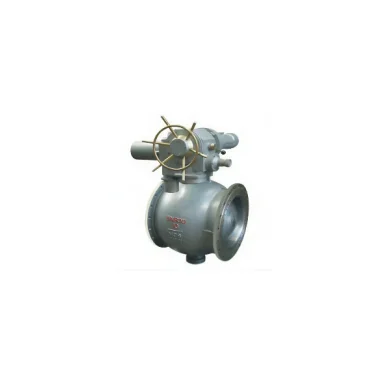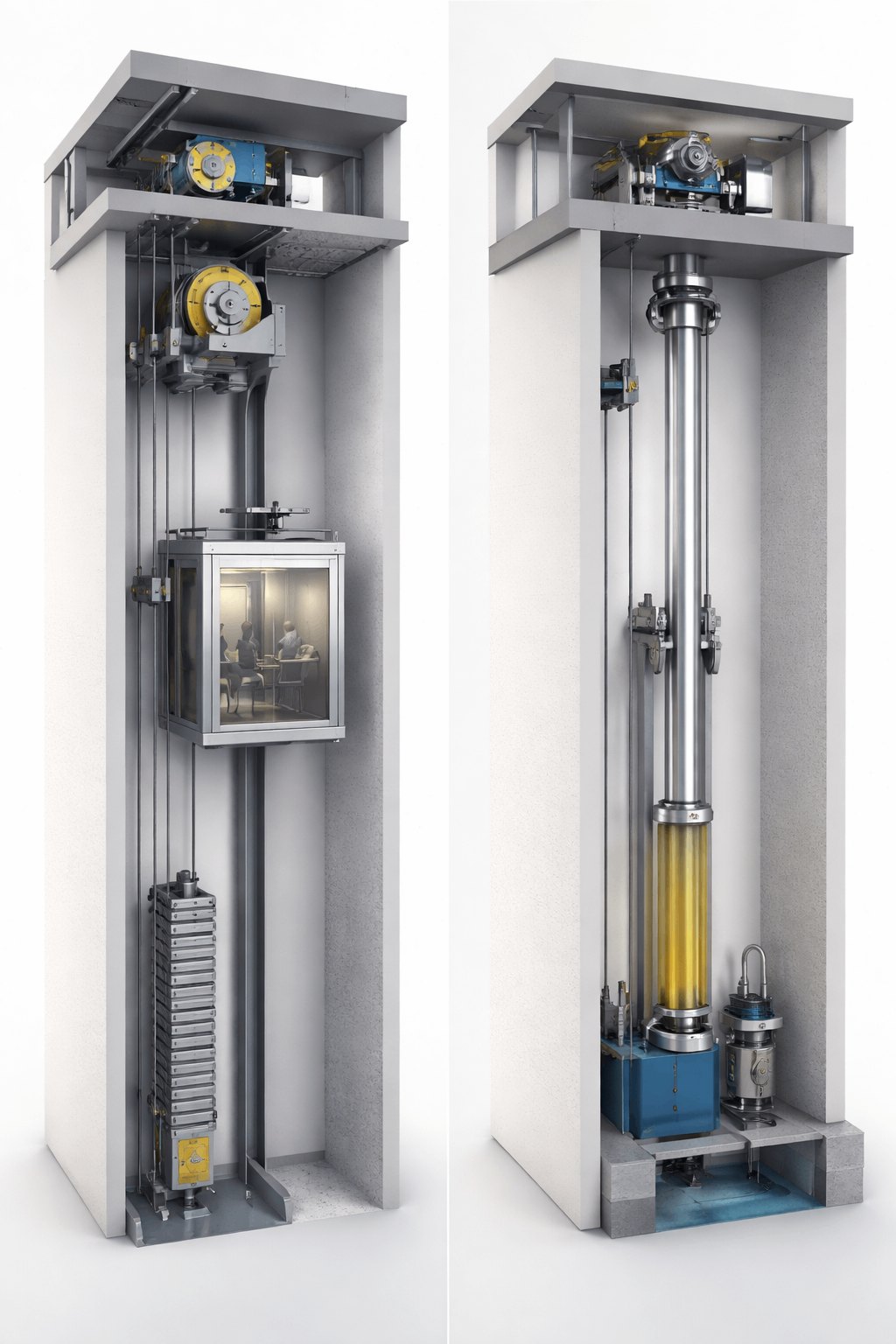Upgrading Your Carbureted Engine: The Benefits and Considerations of Installing an Electric Fuel Pump
When it comes to enhancing the performance of a carbureted engine, one of the most frequently asked questions is, Can I put an electric fuel pump on a carbureted engine? The answer is not just a simple yes or no; it involves understanding the intricacies of fuel delivery systems, the specific requirements of your engine, and the potential benefits and drawbacks of such an upgrade. In this article, we will delve into the mechanics of fuel pumps, the compatibility of electric pumps with carbureted systems, and the considerations you should keep in mind before making this modification.
Understanding Fuel Delivery Systems
Before we explore the compatibility of electric fuel pumps with carbureted engines, it’s essential to understand how fuel delivery systems work. Carbureted engines rely on a mechanical fuel pump, typically mounted on the engine block, to draw fuel from the tank and deliver it to the carburetor. This system operates based on the principles of atmospheric pressure and mechanical action, which can sometimes lead to limitations in fuel delivery, especially in high-performance or modified engines.
The Role of Electric Fuel Pumps
Electric fuel pumps, on the other hand, offer a more consistent and reliable fuel delivery method. They are capable of providing higher fuel pressure and flow rates, which can be beneficial for performance applications. Electric pumps are typically mounted in-line or submerged in the fuel tank, and they operate independently of the engine's mechanical components. This allows for better control over fuel delivery, especially in situations where the engine demands more fuel, such as during acceleration or under heavy load.
Compatibility with Carbureted Engines
So, can you install an electric fuel pump on a carbureted engine? The short answer is yes, but there are several factors to consider:
- Fuel Pressure Requirements: Carbureted engines generally require a fuel pressure between 5 to 7 psi. Many electric fuel pumps are designed for fuel injection systems, which operate at higher pressures (often 30 psi or more). It’s crucial to select an electric pump that can deliver the appropriate pressure for your carburetor to avoid flooding or damaging the engine.
- Flow Rate: The flow rate of the electric fuel pump should match the demands of your engine. If you are running a high-performance carburetor or have made significant modifications to your engine, you may need a pump that can deliver a higher flow rate. Always consult the specifications of your carburetor and engine to determine the required flow rate.
- Installation Considerations: Installing an electric fuel pump involves more than just swapping out the mechanical pump. You will need to consider the placement of the pump, the routing of fuel lines, and the electrical connections. Proper installation is critical to ensure reliable operation and to prevent fuel leaks or electrical issues.
- Fuel Filter: When upgrading to an electric fuel pump, it’s advisable to install a high-quality fuel filter to protect the carburetor from debris and contaminants. This is especially important if you are using a pump that draws fuel from the tank, as it may stir up sediment that has settled over time.
- Regulator Installation: To maintain the correct fuel pressure, you may need to install a fuel pressure regulator. This device will help ensure that the fuel pressure remains within the optimal range for your carbureted engine, preventing potential flooding or lean conditions.
Benefits of Upgrading to an Electric Fuel Pump
- Improved Performance: An electric fuel pump can provide a more consistent fuel supply, which can lead to improved throttle response and overall engine performance.
- Better Fuel Delivery: Electric pumps can maintain fuel pressure more effectively, especially during high-demand situations, ensuring that your engine receives the fuel it needs when it needs it.
- Ease of Installation: While the installation process may require some modifications, electric fuel pumps can often be easier to install than mechanical pumps, especially in custom applications.
- Potential for Future Upgrades: If you plan to further modify your engine or upgrade to fuel injection in the future, installing an electric fuel pump now can save you time and effort later.
Conclusion
In conclusion, installing an electric fuel pump on a carbureted engine is not only possible but can also provide significant benefits in terms of performance and reliability. However, it is essential to carefully consider the specifications of the pump, the installation process, and the overall compatibility with your engine. By doing so, you can ensure that your carbureted engine runs smoothly and efficiently, allowing you to enjoy the full potential of your vehicle. Whether you are a seasoned mechanic or a DIY enthusiast, this upgrade can be a valuable addition to your automotive toolkit.


